Test Bank for Phlebotomy Handbook, 10th Edition, Diana Garza, Kathleen Becan-McBride, ISBN-10: 0134709322, ISBN-13: 9780134709321
$35.00
Test Bank for Phlebotomy Handbook, 10th Edition, Diana Garza, Kathleen Becan-McBride, ISBN-10: 0134709322, ISBN-13: 9780134709321
Test Bank for Phlebotomy Handbook, 10th Edition, Diana Garza, Kathleen Becan-McBride, ISBN-10: 0134709322, ISBN-13: 9780134709321
Table of Contents
PART 1: OVERVIEW, SAFETY PROCEDURES, AND MEDICAL COMMUNICATION
1. Phlebotomy Practice and Quality Assessment
2. Communication, Computer Essentials, and Documentation
3. Professional Ethics, Legal, and Regulatory Issues
4. Infection Control
5. Safety and First Aid
PART 2: ANATOMY AND PHYSIOLOGY OF THE HUMAN BODY
6. Medical Terminology, Anatomy, and Physiology of Organ Systems
7. The Cardiovascular and Lymphatic Systems
PART 3: PHLEBOTOMY EQUIPMENT AND PROCEDURES
8. Blood Collection Equipment for Venipuncture and Capillary Specimens
9. Preexamination/Preanalytical Complications Causing Medical Errors in Blood Collection
10. Venipuncture Procedures
11. Capillary or Dermal Blood Specimens
12. Specimen Handling, Transportation, and Processing
PART 4: POINT-OF-CARE TESTING AND SPECIAL PROCEDURES
13. Pediatric and Geriatric Procedures
14. Point-of-Care Collections
15. Blood Cultures, Arterial, Intravenous (IV), and Special Collection Procedures
16. Urinalysis, Body Fluids, and Other Specimens
17. Drug Use, Forensic Toxicology, Workplace Testing, Sports Medicine, and Related Areas
Appendices:
1. NAACLS Entry-Level Phlebotomist Competencies
2. Competency Assessment Tracking Checklist
3. Finding a Job
4. International Organizations
5. The Basics of Vital Signs
Procedure A5-1 Taking Oral Temperature
Procedure A5-2 Taking Aural Temperature
Procedure A5-3 Taking Axillary Temperature
Procedure A5-4 Assessing Peripheral Pulse Rate
Procedure A5-5 Taking Blood Pressure
Procedure A5-6 Assessing Respiration Rate
6. Hand Hygiene in Health Care Settings: Stay Up-to-Date with the Centers for Disease Control and Prevention (CDC) and the Federal Drug Administration (FDA)
7. Common Laboratory Assays, Reference Intervals, and Critical Limits
8. Blood Collection and Allowable Volumes from Pediatric and Neonatal Patients
9. Cautious Use of Abbreviations, Acronyms, and Symbols
10. Formulas, Calculations, and Metric Conversion
11. Military Time (24-Hour Clock)
12. Basic Spanish for Specimen Collection Procedures
13. Answers to Study Questions, Case Studies, and Competency Checklists


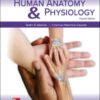
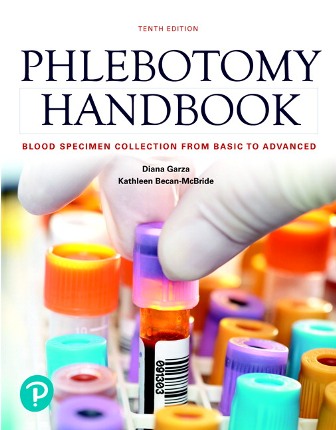

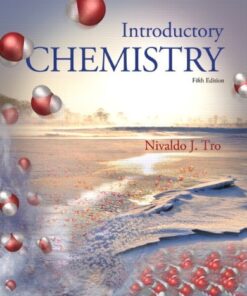
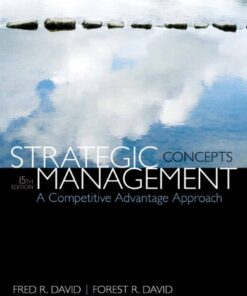
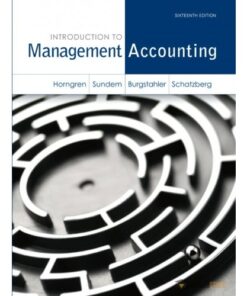
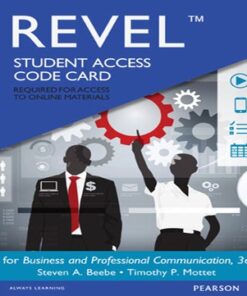

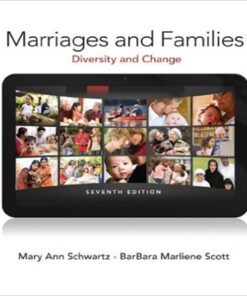
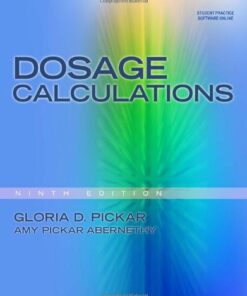
Reviews
There are no reviews yet.